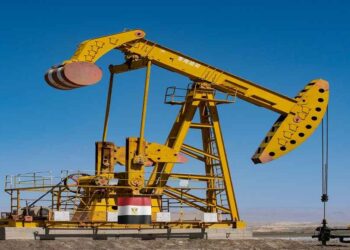An appeals board of the World Trade Organization reversed much of an earlier ruling against the United States on Monday, but it said U.S. duties on Indian steel broke WTO rules and asked the United States to bring them into line with its regulation.
In one of the most complicated appeals decisions ever handled by the 19-year-old trade watchdog, the WTO’s Appellate Body reversed much of a ruling by a three-person panel in July, which said the U.S. duties had wrongly penalised India for subsidising steel exports by Tata Steel.
The case involved U.S. duties imposed because a portion of the iron ore used to produce Indian steel pipe came from India’s top iron ore miner NMDC, a state-run company that supplies steelmakers such as Tata and Essar.
A spokesman for the U.S. Trade Representative’s office said the vast majority of over 80 challenges in India’s appeal had been rejected but the overall appeal ruling was “mixed”.
“The findings help preserve the ability of the United States to address unfair subsidization by foreign governments” by using anti-subsidy tariffs to level the playing field for U.S. manufacturers and workers, the spokesman said.
An unnamed Indian official told Reuters when the case was launched in 2012 that the United States argued NMDC was selling the iron ore “for a song” and therefore implicitly subsidising a private-sector enterprise.
But the appeal ruling said the U.S. Department of Commerce had erred by saying NMDC was a “public body” under WTO rules. It also said U.S. law was wrong in the way that it allowed the U.S. International Trade Commission to assess the impact of dumped and subsidised imports.
Thomas J. Gibson, president and chief executive of the American Iron and Steel Institute, said in a statement that the WTO ruling had significantly weakened the effectiveness of U.S. trade law and would have ramifications beyond the Indian case.
“The WTO Appellate Body has once again created an obligation not agreed to by our trade negotiators, and this ruling will make it very difficult for domestic industries to obtain an effective remedy when facing both dumped and subsidized imports at the same time,” Gibson said.
“This ruling is very detrimental to steel businesses and workers who continue to battle a flood of dumped and subsidized imports coming into this country unfairly – and at record levels.”
Imports captured 30 percent of the U.S. steel market last month, he said.
The case arose after U.S. companies Allied Tube and Conduit, JMC Steel Group, Wheatland Tube and United States Steel Corp had petitioned the government in 2011 for import relief. (Reporting by Tom Miles; Editing by Robert Evans, Ralph Boulton)

















































